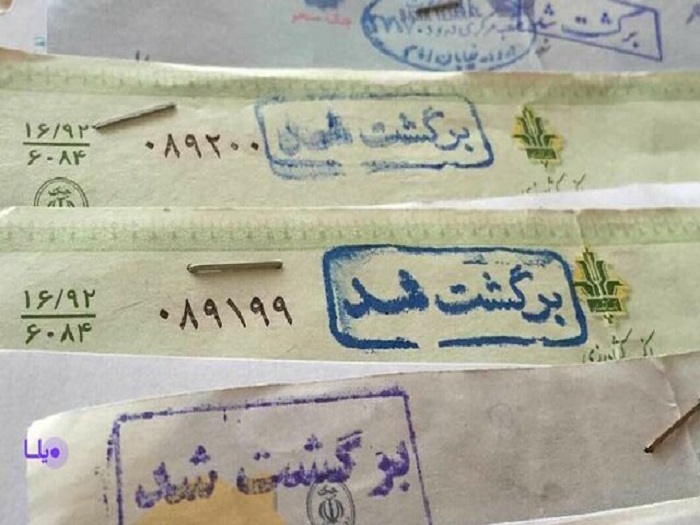The implementation of the new Czech law is an effective solution to the reduction of court cases

If the judiciary is looking to reduce incoming cases as well as reduce long queues in the courts, there should be a check on the enforcement of the new law.
One of the major concerns of the judiciary over the years has been the irregular increase in the number of cases brought to the judiciary and, consequently, the proliferation of cases in the courts. Some experts and scholars believe in amending the law to diminish or eliminate these concerns. In fact, the spectrum believes that some laws have become barriers to stoning rather than facilitating matters due to misguided and unprofessional approaches to the law, and on the other hand, they have been converted into a workplace for the judiciary. And.
One of these laws was the Czech law, which in recent years has caused many problems for both economic activists and the government, including the judiciary. One of the problems was the increase in court cases and the increase in inmates of unintentional crimes. According to the official statements of the judiciary, among the lawsuits of the judiciary, the cases related to the return check are ranked second. A dilemma rooted in poor old law.
Weak because the law did not include any supervisory and preventive tools, and the only solution to the problem of return checks was to enter the final stage and jail. So people could easily check in as much as they needed and not worry about the return of the check and its consequences. On the one hand, they had no supervisory authority, and on the other hand, the issuance of checks was very costly.
So when the check came back, there was no fear. Because it takes about two years to process a case and issue an enforcement order, on the other hand, the costs of filing a lawsuit in these cases are high, accounting for about 20 percent of the amount. So fewer people are willing to pursue a judicial review of the check. In 2015, for example, only four percent of the checks were filed.
However, the rate of return check is so high that it ranks second in law cases, and nearly seventy-five percent of inmates are convicted of unintentional offenses because of return check. According to the central bank's statistics, in September last year, approximately one and four million checks were returned worth fifteen thousand and six hundred billion tomans.
Therefore, many believe that if laws such as the Czech law are amended, they can have a significant impact on reducing the number of judicial cases.
"The implementation of the new Czech law will reduce the access to the judiciary by 20%," said Abolfazl Abotrabi, a member of the House Judiciary and Judiciary Committee.
On the other hand, another member of the commission, Hassan Norouzi, said: "We also believe that the implementation of this law could lead to the release of more than 8,000 prisoners; we also believe that if the new law is properly implemented, it can handle more than seventy percent of the cases. Which are related to checks. "
The important question that arises is how the new Czech law can reduce the number of incoming cases to the judiciary by 20%? Experts believe that the new Czech law, unlike the previous law, has changed the way crime prevention is approached. As such, the law provides tools such as integrated electronic checking system (FISH). Banks are obliged to inquire about this system for people who have a refund check to no longer issue a check.
On the other hand, the costs of issuing a check are also increased so that under the new law, if an individual has a check to be returned, all their accounts at all banks must be locked in the amount of the check to be paid and the check to be repaid. Returning a person can do no banking.
Mohammad Kazemi, deputy chairman of the Parliament's Legal and Judicial Commission on the Influential Tools of the New Czech Law to Reduce the Return Check, said: "The new amendment included two levers, one for non-creditors. To do this, you need to check the individual accounts at all banks. Second, if the check is returned, it can be issued from all accounts. These two levers were a great help in controlling the Czech market ... »
Consequently, one of the direct and important results of the reduction of the return check is the reduction of the cases of the judiciary and the reduction of the number of cases in the courts of the country. Because if access to the judiciary is reduced, judges also have more opportunity to handle important cases.
In this regard, Abolfazl AbuTerabi stated: "The insertion of the interception code is of most benefit to the judiciary. This will dramatically reduce the number of entry files. " Therefore, it seems that the authorities should be completely dogmatic about the implementation of this law if they are thinking about reducing the incoming cases to the judiciary and better and faster handling of the cases.
* Young Journalist Club










